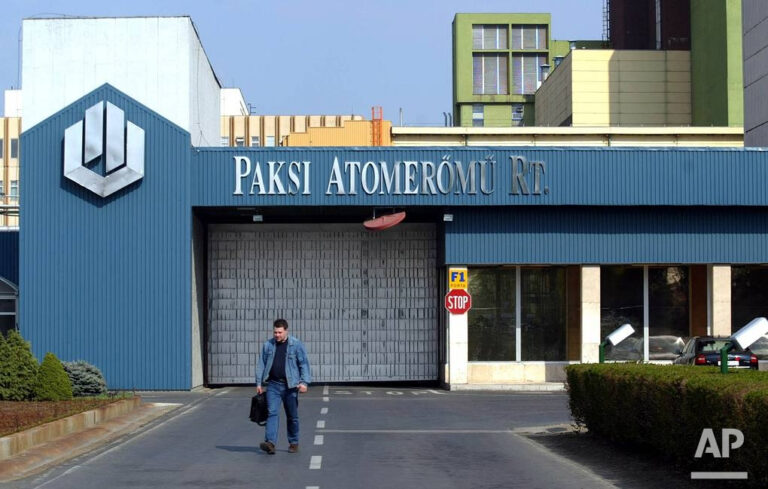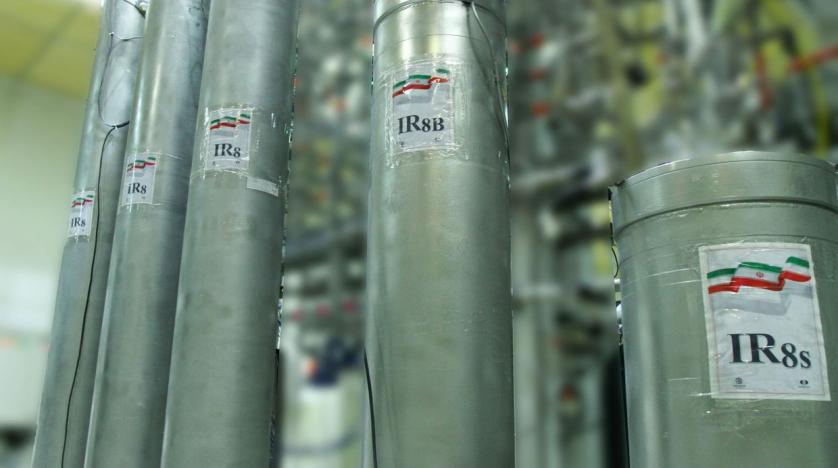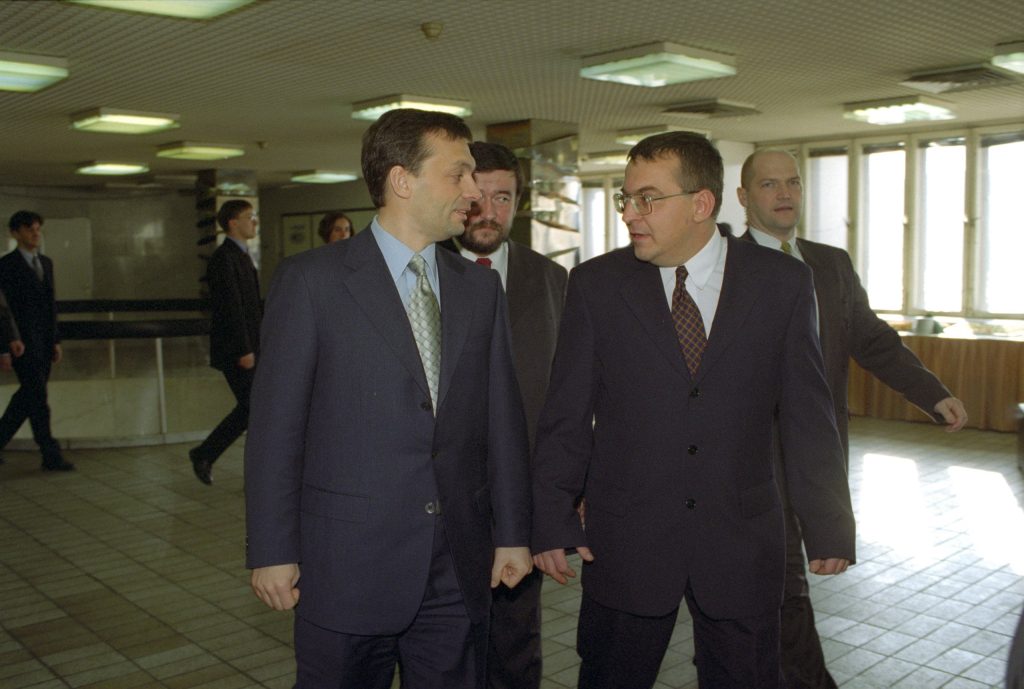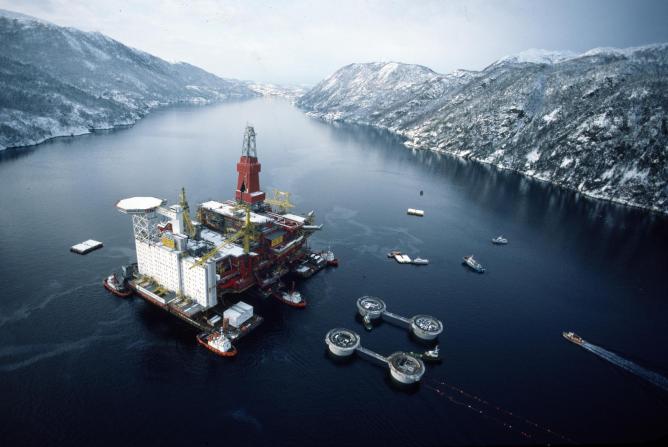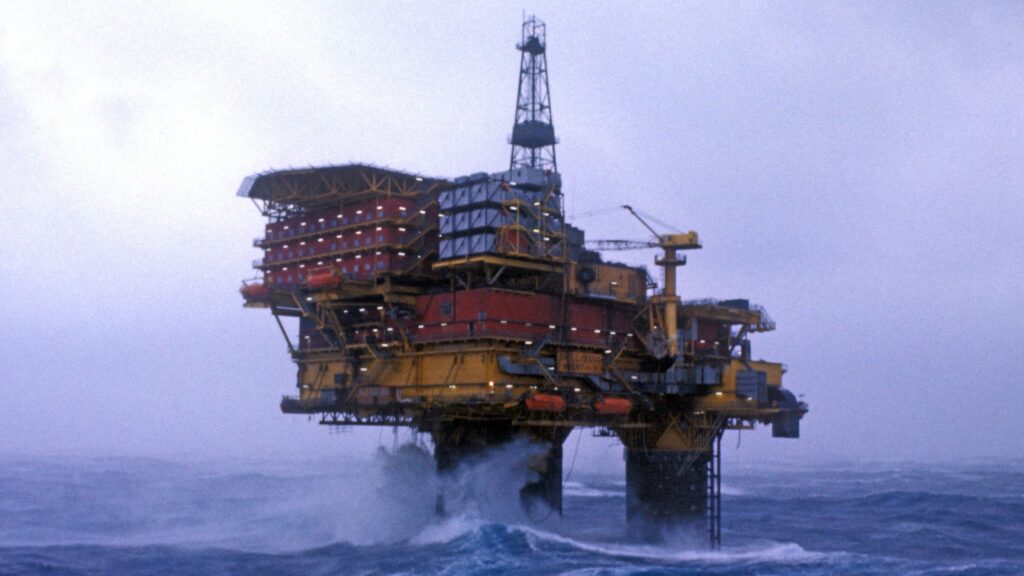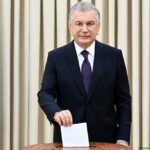Putting Rosatom State Nuclear Energy Corporation in the 11th package of Russia sanctions is facing fierce opposition from some of Europe’s largest energy companies that continue to do business with the Russian nuclear energy giant.
As a result, Rosatom is expected to be ultimately removed from the list of designated entities. European lobbyists in France and Hungary are among the most vocal supporters of the move. Previously, RLI analysts pointed to the connection between Rosatom and Russia’s nuclear military program.
In early March, the French newspaper Le Figaro published Greenpeace’s findings showing that France’s nuclear industry was under Russia’s “control.” Based on public data on imports, exports, and customs clearance, activists noted that in 2022, the amount of enriched uranium shipped to France actually tripled. Thus, France is dependent on Russia for its nuclear fuel and security of supply, having bought enriched uranium worth €359 million from Moscow last year.
This indicates that Paris has expanded cooperation with Russia in the nuclear sector after the Kremlin’s forces invaded Ukraine, which led to western democracies imposing tougher sanctions on Moscow. According to Greenpeace, this fact explains the desire of French lobbyists to relieve sanctions pressure on Russia’s Rosatom. The French side initiated a European Commission’s appeal to Greenpeace’s Berlin office to postpone until late May the publication of the annual environmental report, an authoritative source of expertise which is traditionally published this month. In this way, Paris apparently sought to public disclosure of French company Framatome and the German Siemens Energy’s cooperation with Rosatom.
Greenpeace’s position is that Rosatom should be sanctioned as one of the sponsors of Russian aggression against Ukraine. Company’s annual profit of $9 billion, does Rosatom fill Russia’s war budget. It also maintains in combat-capable condition Russia’s nuclear arsenal, which the Kremlin has been rattling to threaten the world. Also, Rosatom imports components for Russian tanks and warplanes. Now it is also forming its own “private military company” to be potentially deployed on the Ukrainian battlefield under the general command of the Russian defense ministry.
Greenpeace has already released research on deep ties between Russia’s Rosatom and France’s state-owned nuclear operator EDF. The Russian company can count on its share of €500 billion in the implementation of new nuclear projects across the EU, which will only boost its position in the European energy market. For France, Rosatom is a partner, not a company run by the government that has effectively destroyed the European security system, unleashed the largest war since WWII, and is responsible for numerous war crimes that can only be compared with those of the Nazi regime. Rosatom’s projects reportedly depend on technology offered by France’s Framatome. Thus, by keeping Russia on the hook of their technology, Paris continues business as usual, even in the wake of a raging war, which the Elysee Palace declaratively tries to stop.
Framatome aims to set up a joint venture with Rosatom to produce nuclear fuel in western Germany, a project that has been sharply criticized by local authorities. The French firm also signed a strategic cooperation agreement with Rosatom in December 2021 to expand collaboration on fuel fabrication and other technologies.
Framatome-owned ANF facility in Lingen, near the German-Dutch border, produces hexagonal fuel rod arrangements used in Soviet-designed water-water energetic reactors. Such reactors, known by the Russian acronym VVER, are common in Eastern Europe and the fuel production would take place under license from state-owned Rosatom.
In October 2014, the Rosatom group chose to establish its Western European operations center in Paris, with the opening of its French subsidiary Rosatom France. the geographical area covered by this newly established regional office includes France, Germany, Belgium, the Netherlands, Switzerland, Italy, Spain, Portugal, Austria, Sweden, Norway and Finland.
Orano, a French firm specializing in nuclear fuel that is partly state-owned, sold used uranium fuel stocks to Rosatom for reuse outside France until late last year.
Moscow also supplies fuel to reactors in Bulgaria, the Czech Republic, Finland, Slovakia, and Hungary. Thus, by purchasing nuclear material in Russia, NATO allies contribute to the strengthening of Moscow’s nuclear potential while at the same fearing Russia might make full use of it.
Sources in the French Ministry of Energy deny their country’s dependence on nuclear material from Russia. They claim they are instead helping partners in the EU reduce dependence on supplies from Russia. Developing large uranium deposits in Africa allows French energy companies to replace Russians in the nuclear fuel market in Europe. However, France’s lobbying efforts in favor of Rosatom may point to certain corrupt interest of the French businesses in working precisely with the Russians. It is possible that corruption is one of the “ethical factors” that are noted in off-record discussions in diplomatic circles of the ties of France’s state-owned companies with Rosatom.
Among Russia’s state-run companies, Rosatom, perhaps, has earned the most notorious reputation.
In the interests of security and measures to prevent sanction evasion, Rosatom’s links with European companies for the supply of enriched uranium and equipment, as well as services, should be limited or terminated. However, the position maintained by Paris allows Rosatom to avoid restrictions and continue to further fuel the Kremlin’s war machine.
Hungary is lobbying Rosatom’s interests because of the latter’s participation in the Paks nuclear power plant, which, obviously, has a Russia-related corruption component. France’s Framatome is also involved in the construction of the Pax NPP. Paris was negotiating with Budapest the issue of replacing Russia in Hungary’s nuclear energy market. However, the scenario of Rosatom being replaced with French companies is unlikely due to the position of Prime Minister Viktor Orban, who is seen as widely dependent on Moscow. Paks is Hungary’s only operating NPP, whose four Soviet-era reactors have been upgraded and equipped with western control systems, extending their lifespan into the 2030s.
Now the reasoning behind France and Hungary’s efforts to get Rosatom out of the sanctions list becomes rather obvious.The further increase in the dependence of European companies on Rosatom poses a serious threat to Europe’s energy and nuclear safety. Assessing the Kremlin’s almost indisputable involvement in sabotaging the Nord Stream gas pipelines, the likelihood of Russia also being capable of sabotaging nuclear facilities in Europe to destabilize the region and provoke a crisis must not be ruled out.


